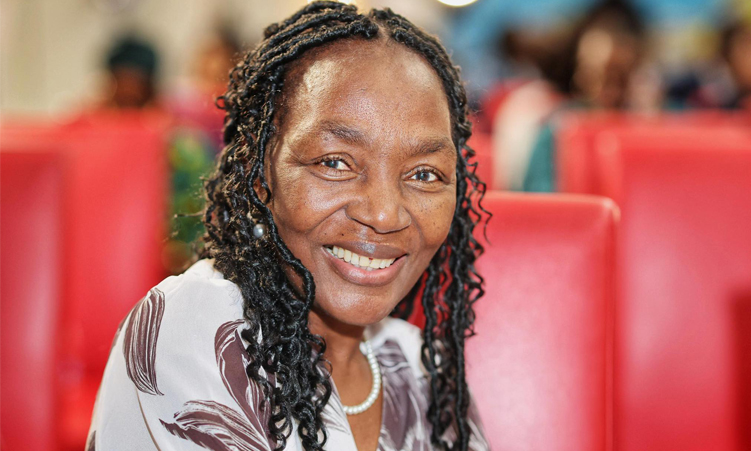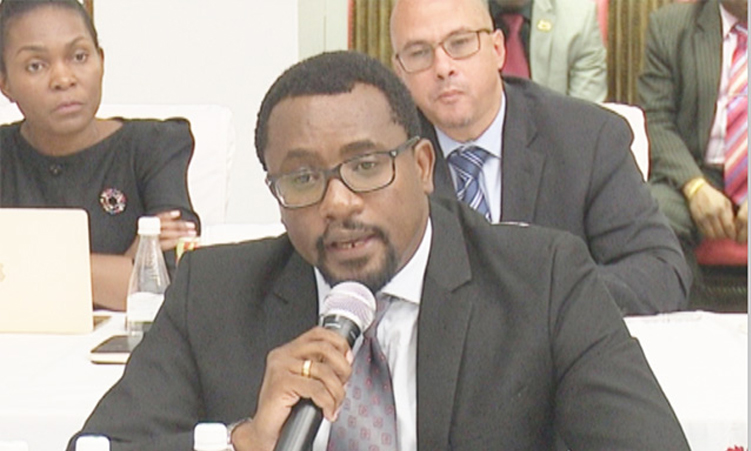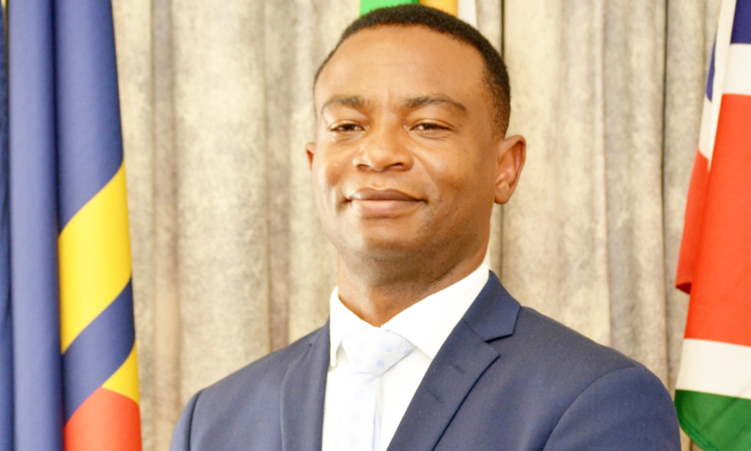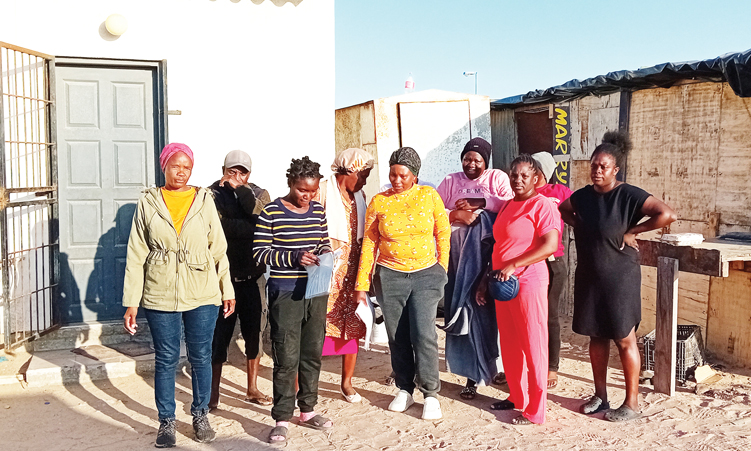The BankservAfrica Economic Transactions Index (BETI), which measure all interbank economic activity processed by BankservAfrica, recovered further to an index level of 134.2 in April, thereby hitting the highest level in eight months.
The BETI has almost reached last August’s level and improved by 0.6% on a monthly basis.
According to BankservAfrica, the index was buoyed by the suspension of load shedding towards the end of March.
BankservAfrica’s head of stakeholder engagements, Shergeran Naidoo, yesterday said this could have had a positive impact on economic activity in April while spending in preparation for the upcoming elections might have also played a role.
Naidoo also said a detailed evaluation of the BETI around election dates in South Africa revealed that in six of the nine elections under review, economic activity picked up in the month before the election month.
“According to the Electoral Commission of South Africa (IEC), a record number of about 27.7 million voters – the highest since the advent of democracy in South Africa – are eligible to participate in the 2024 national and provincial elections on 29 May,” Naidoo said.
“Additional economic activity for political party campaigns and the IEC’s preparation activities are likely to be reflected in additional retail spending.”
BankservAfrica said in what seemed to be a synchronised uptick, other nowcast indicators also increased in April.
The S&P Global South Africa Purchasing Managers’ Index (PMI) increased to 50.3 in April, which was a month of stability.
Similarly, the Absa PMI rebounded to 54 index points, driven by improved business activity.
After eight successive months of falling numbers, new vehicle sales picked up in April and improved by 2.2% on an annualised basis for the first time since July last year that monthly sales outperformed those of a year earlier.
The standardised nominal value of transactions cleared through BankservAfrica in April this year subsided to R1.290 trillion versus R1.305 trillion in March, while the number of transactions increased to 157.0 million, growing from 156.1 million in March, according to Naidoo.
While April was a welcomed “blip of positivity”, independent economist Elize Kruger cautioned that there were still multiple challenges facing the economy, such as uncertainty around the election outcome and what that would mean for the economy, combined with the “wait-and-see” approach by investors, particularly for capital expenditure plans.
“While other developments in the economy are also reflected in the performance of the BETI, election-related spending could make a meaningful impact on the BETI, in the period around election dates,” Kruger said.
“Assuming the election outcome will not lead to a major disruption in macroeconomic policies, a slight improvement in the economic scenario is still forecast towards the end of the year.”
Meanwhile, BankservAfrica forecast real gross domestic product (GDP) growth at 1.1% this year, up from 0.6% last year, on assumption that the intensity of load shedding continues to be less than experienced in 2023.
Although still too low to make a meaningful dent in the unemployment rate, BankservAfrica said this was somewhat better than the previous year.
Stay informed with The Namibian – your source for credible journalism. Get in-depth reporting and opinions for
only N$85 a month. Invest in journalism, invest in democracy –
Subscribe Now!










